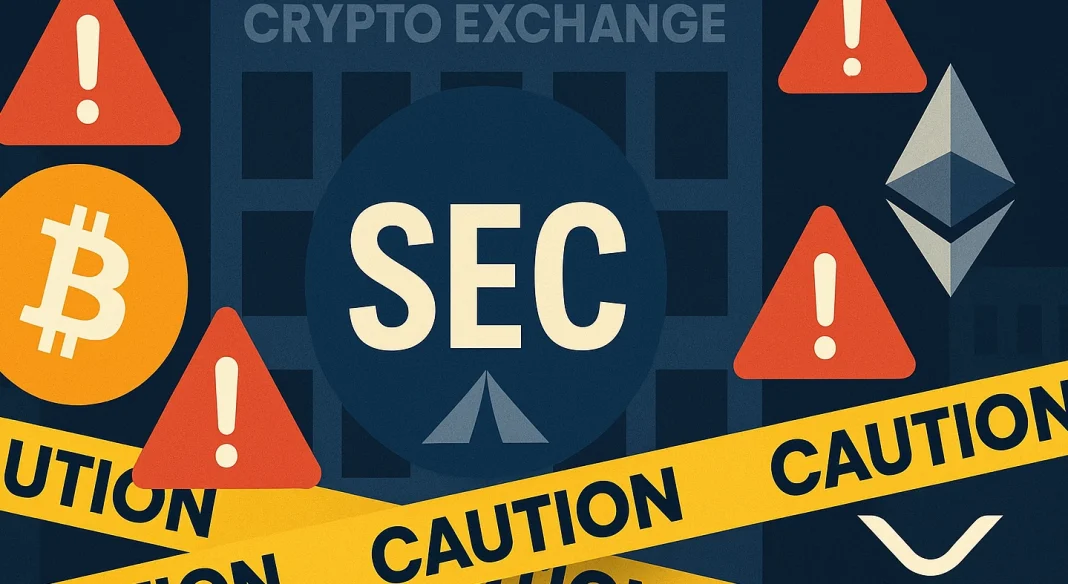The Philippines just threw down the gauntlet in the crypto ring. The Securities and Exchange Commission there isn’t playing games anymore.
They’ve just slapped a sharp warning on 10 big-name crypto exchanges operating without a local license.
Bybit, OKX, Kraken, KuCoin, MEXC, Bitget, Phemex, CoinEx, Bitmart, and Poloniex
So, what’s the deal? The SEC laid down the law, so crypto platforms must register, show they’re legit with proper disclosures, security protocols, and anti-money laundering measures.
Everything, you know. Without that, you’re basically skating on thin ice. People using these unregistered exchanges?
They’re gambling with their funds, no safety net if drama hits, hacks, scams, market manipulation, you name it.
Now, it’s not like these platforms are hiding in the shadows. Nope. They’re full-throttle marketing, aimed straight at Filipino traders.
Special apps designed for local phones, influencer campaigns hyping low trading fees, it’s like a big, flashy mob trying to lure people in.
The SEC already forced Binance’s global platform to geo-block Philippine IPs last month. And guess what?
They’re ready to pull the same trigger on anyone who keeps refusing to play by the rules.
FATF rule
Here’s some real talk, they say unlicensed exchanges bring chaos, identity theft spikes, no proper know-your-customer checks, and no accountability if your funds vanish. Plus, it’s a magnet for money laundering and worse.
The Philippines’ Anti-Money Laundering Act says these platforms must check their customers and report suspicious activity.
Without oversight, these exchanges become dark holes where dirty money can flow unchecked.
The Financial Action Task Force keeps waving red flags about such gaps globally, and countries letting this slide risk landing on dreaded gray lists, messing with their international reputations.
Blocking websites
The punchline? The SEC doesn’t want to mess around anymore. They’re gearing up legal moves, criminal complaints under the Securities Regulation Code and the Financial Cybercrime Prevention Act.
They’ll hunt down court orders to block offending websites and apps.
Even big tech giants like Google, Apple, Meta, and TikTok might get orders to pull ads promoting these unlicensed platforms.
Expect cease and desist letters dropping faster than you can say blockchain.
So, if you’re local, play it safe, stick to licensed exchanges. This crackdown is the regulator’s way of saying, we’re watching, and we mean business.
Disclosure:This article does not contain investment advice or recommendations. Every investment and trading move involves risk, and readers should conduct their own research when making a decision.
Kriptoworld.com accepts no liability for any errors in the articles or for any financial loss resulting from incorrect information.
Cryptocurrency and Web3 expert, founder of Kriptoworld
LinkedIn | X (Twitter) | More articles
With years of experience covering the blockchain space, András delivers insightful reporting on DeFi, tokenization, altcoins, and crypto regulations shaping the digital economy.
📅 Published: August 8, 2025 • 🕓 Last updated: August 8, 2025
✉️ Contact: [email protected]


